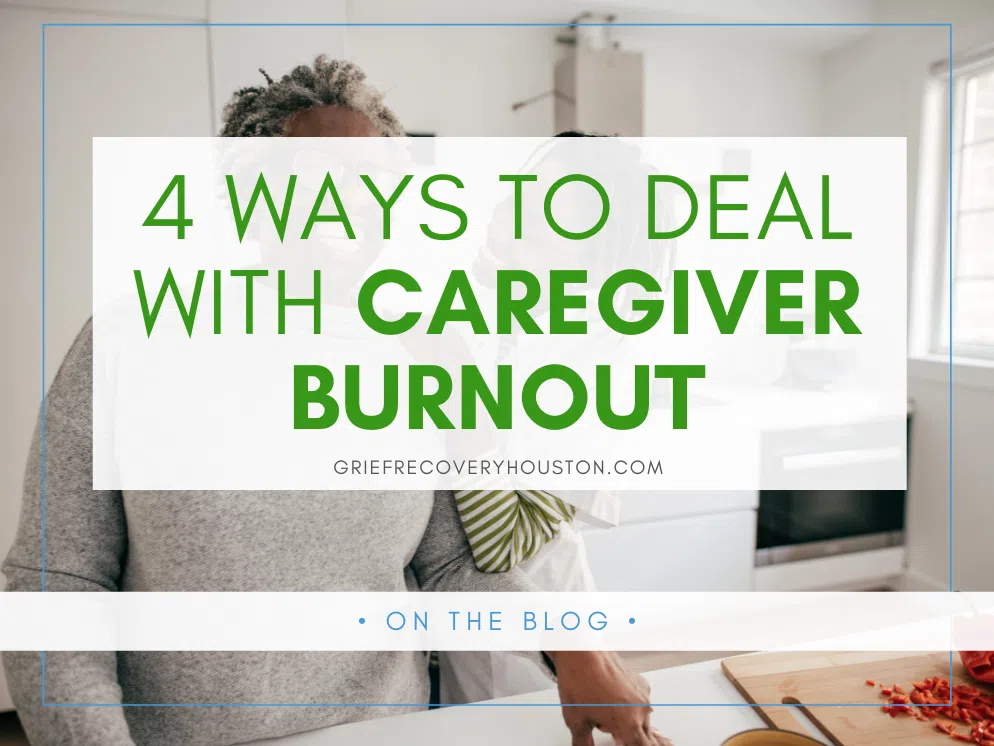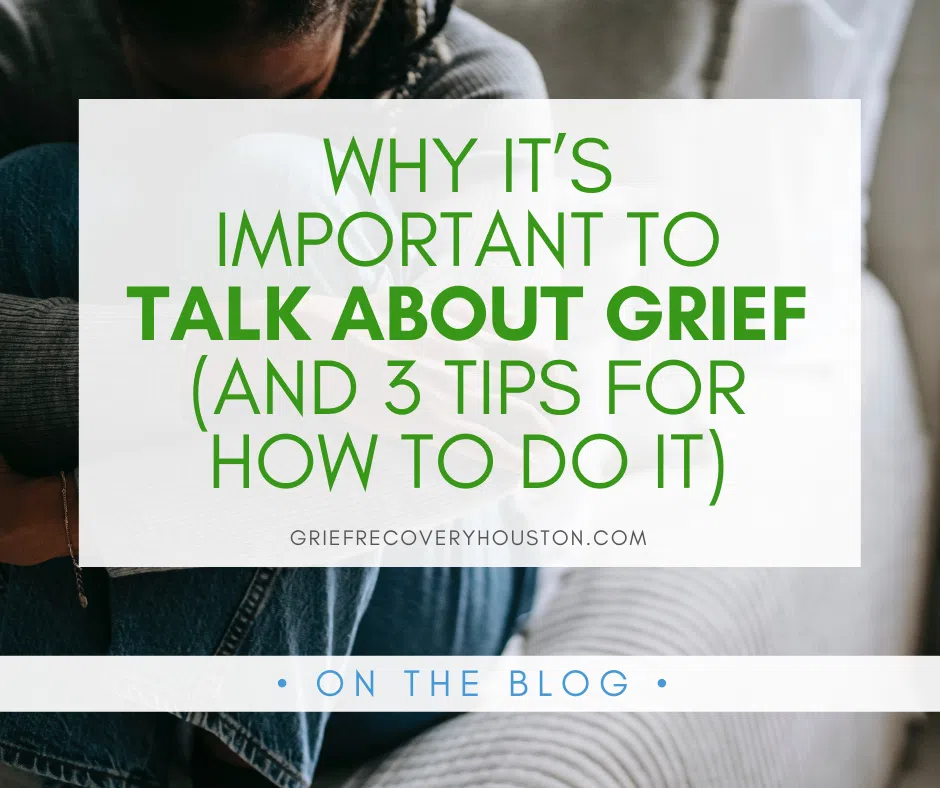- Unpacking Grief and Disability - July 8, 2024
- Breaking the Stigma: 5 Blogs to Better Understand Suicide - May 21, 2024
- 4 Tips for Better Sleep Hygiene - March 4, 2024
Suicide is a difficult subject to talk about, which makes it a difficult subject to fully understand. Because of this, there are a lot of myths and misconceptions about suicide that can actually harm our understanding of what it means to be suicidal, struggle with suicidal ideation, or how to be a support to someone showing us warning signs of suicide. Below are 5 of our blogs to help you better understand what suicide is, and learn to break the stigma that surrounds it.
For Understanding Suicide:
Whether talk about it or not, suicide does happen. According to the CDC, “Suicide was responsible for 48,183 deaths in 2021, which is about one death every 11 minutes. The number of people who think about or attempt suicide is even higher.”
 When we take time to break down and refute myths about suicide, we can increase compassion for people who are and make it easier for people to ask for help.
When we take time to break down and refute myths about suicide, we can increase compassion for people who are and make it easier for people to ask for help.
Here are five myths about suicide you should know.
Our lack of understanding of what it means to be struggling with suicidal ideation also makes it harder for us to know how to talk to people who are struggling. What if we say the wrong thing? What if we make them feel more isolated? What should you say or not say?
Making space to talk about how to support someone struggling with suicidal ideation is just as important as looking out for signs and symptoms of suicide. Because isolation only exacerbates mental health struggles, it’s crucial to show your friend or loved one that you are a reliable part of their support system, so that they can trust and depend on you while they work through this.
Here’s our guide on how to talk to someone about suicide.
For Preventing Suicide:
Through the last few years, teens and adolescents have had to deal with previously unimaginable stress. Teens have had fewer options for social support, which can lead to loneliness and depression.
As their brains and emotional regulation skills are still developing, teens can get trapped in all or nothing thinking, which can be dangerous when combined with suicidal ideation.
But suicide is the second leading cause of death for youth in the United States, so it’s important for caregivers, family and friends to know how teen suicidal ideation presents, what to look out for, and how to support them.
Read this guide on understanding and preventing teen suicide.
Just as with teen, learning the warning signs of suicide can help prevent suicidal ideation from turning into death from suicide. When you think that someone you know may want to hurt themselves because of a struggle or challenge that is bringing them to consider committing suicide. At the Grief Recovery Center, we want to help you recognize these signs in adults, as well as in teens and children.
Here is our guide to major warning signs of suicide.
For Coping with Suicide:
Losing a loved one to suicide is a difficult situation to overcome. Unlike the loss of a loved one due to sickness, an accident, etc, suicide loss carries such a negative stigma that it is often tough to cope with. The grief and recovery process for a suicide survivor is very different from someone grieving for their loss by other means. As such, support may be limited, and resources may be challenging to reach out to.
Remembering that suicide is brought on by someone not hoping to end their life, but hoping to end their pain, can help us understand what brought on the death, but it doesn’t often help us cope with the aftermath of it.
Here are 7 things to know about grief and recovery as a suicide loss survivor.
Our grief and depression counseling services can support a griever in understanding the mental illnesses the deceased may have had. Many survivors of suicide loss may develop post-traumatic stress disorders from experience because of the unfinished business or conflicts they may have had with the deceased.
By reaching out for support, the survivor may be able to make sense of the death, as well as decreasing the chances of forming PTSD in the first place.






No comments yet.